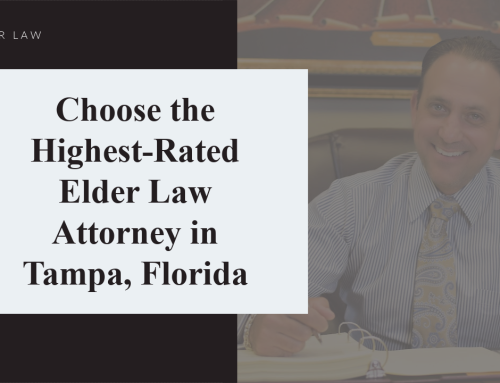Elder Law Attorney Tampa FL | Guardianship and Conservatorship: Understanding the Difference
Elder Law Attorney Tampa Fl | When an adult person becomes unable to make responsible decisions for their own well-being, the court can be asked to step in and designate someone to do so. This substitute decision-maker can be asked to fill one or many roles, depending on the circumstances. If you have a loved one who can no longer make sound financial or medical decisions for themselves, you may need a guardianship or conservatorship. There are, however, key differences between these terms, so it is essential to understand them so you make the most appropriate choice for that loved one. Consult an estate planning attorney to ensure you head in the right direction.
Guardianship
Someone who is deemed incapacitated in some way is referred to as the “ward.” The ward may make responsible decisions in one area of his life, but not others. The court will always choose the guardianship option that is least restrictive of the ward’s civil rights. On one hand, the court may designate a guardian to have legal authority to make decisions in only certain areas of the ward’s life, such as medical decisions. This is a limited guardianship. For this example, the guardian’s authority may only cover medical issues and living accommodations, such as which doctors to see and whether the ward needs an assisted living facility.
If the ward is deemed completely incapacitated, the guardian’s powers may cover handling the financial issues as well, a plenary guardianship. Depending on the laws of the state and the terms of the guardianship, the guardian may or may not need the court’s approval for various decisions.
Conservatorship
The other type of designation is a conservatorship. A conservator is limited to making financial decisions for a ward. For example, the conservator may manage the ward’s bank accounts and investment portfolio, collect debts owed to the ward and pay the ward’s bills.
Contact the Right Kind of Attorney
It is difficult to know exactly which is the best way to assist a loved one with diminishing capacity. You don’t want to make a mistake that leads to wasted time and money. An elder law attorney is well schooled in this area of the law and can help you to navigate these processes.
Contact us TODAY






